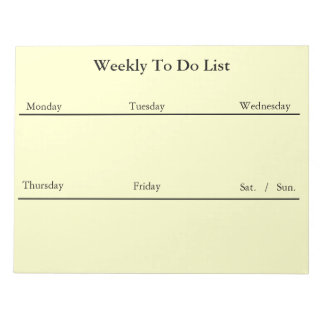- Don’t confront the person or try to discuss the angry behavior. The person with dementia cannot reflect on unacceptable behavior and cannot learn to control it.
- Do not initiate physical contact during the angry outburst. Often, physical contact triggers physical violence.
- Let the person play out the aggression. Give him or her space to be angry alone. Just be sure that both you and the patient are safe.
- Distract the person to a more pleasurable topic or activity.
- Look for patterns in the aggression. Consider factors such as privacy, independence, boredom, pain, or fatigue. Avoid activities or topics that anger the person. To help find any patterns, you might keep a log of when the aggressive episodes occur. If the person gets angry when tasks are too difficult, break down tasks into smaller pieces.
- Get help from others during the activities that anger the patient.
- Don’t take the aggressiveness personally. It, too, is just part of the dementia.
Dementia Signage for the Home
20% Off
See all our products at Dementia Signage for the Home





